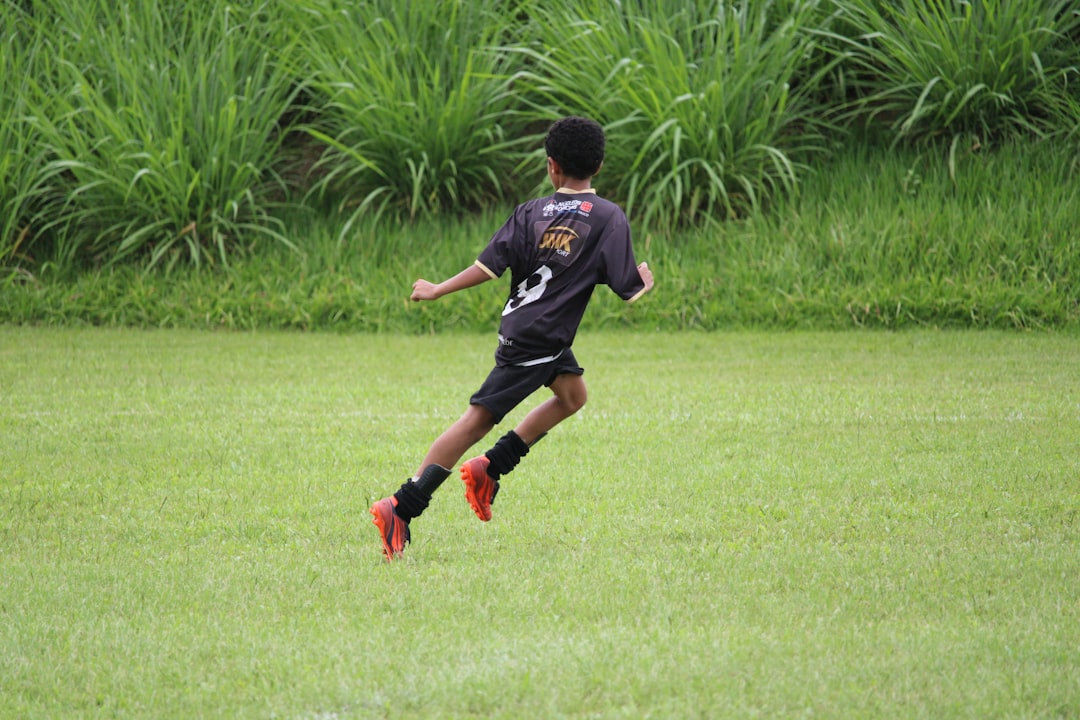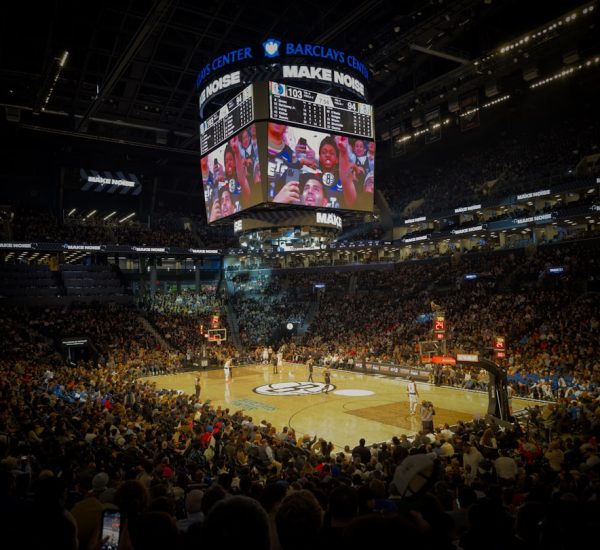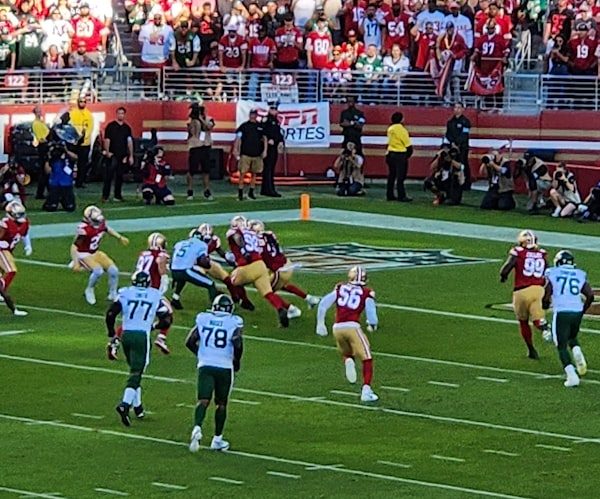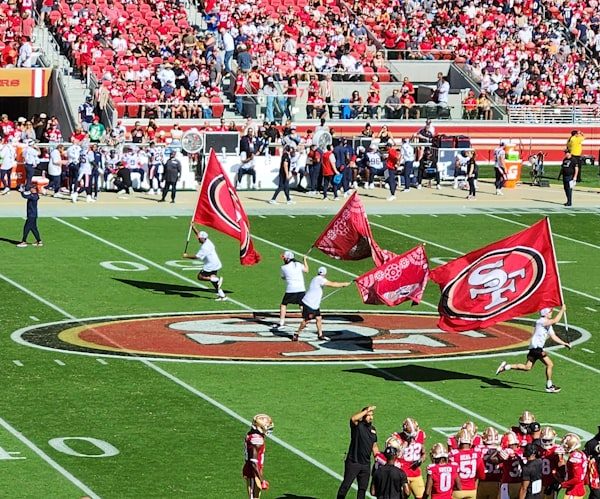Baseball is a game of precision, strategy, and physical endurance. For high school athletes aiming to elevate their performance, proper nutrition is just as important as practice and drills. The teenage years are critical for growth and development, and athletes must fuel their bodies the right way to stay competitive, injury-free, and energized.
Why Nutrition Matters for Young Baseball Players
High school baseball players are often balancing academics, practices, games, and social commitments. Without a solid nutrition plan, they risk fatigue, poor performance, and increased chances of injury. Nutrients support muscle recovery, strengthen the immune system, and provide consistent energy levels throughout training and competition.

Macronutrients: The Building Blocks of Athletic Fuel
Optimal performance starts with a balance of the three macronutrients: carbohydrates, proteins, and fats:
- Carbohydrates: These are the body’s primary source of energy. Young athletes should prioritize complex carbohydrates like brown rice, oatmeal, whole grain bread, and vegetables. These provide sustained energy throughout games and practices.
- Proteins: Essential for muscle repair and growth. Include lean sources like chicken breast, fish, turkey, eggs, dairy, and plant-based options such as beans and lentils.
- Fats: Healthy fats support long-term energy, brain function, and hormone regulation. Focus on nuts, avocados, olive oil, and fatty fish like salmon.
Micronutrients: Small But Mighty
While macronutrients fuel the body, micronutrients like vitamins and minerals are vital for internal processes. Calcium and vitamin D help with bone health, while iron ensures oxygen is delivered to muscles efficiently. Magnesium, potassium, and zinc also play roles in hydration and muscle performance.
Hydration: The Often-Overlooked Component
Many young athletes underestimate the impact of staying hydrated. Even mild dehydration can decrease endurance, strength, and focus during a game. A good rule of thumb is:
- Start the day with a full glass of water.
- Drink regularly throughout the day, not just during workouts.
- Use sports drinks sparingly, mostly for long practices or games lasting over 60 minutes.
Avoid sugary sodas, energy drinks, and excessive caffeine as they can lead to energy crashes or dehydration.
Pre-Game Fueling
The timing and content of a pre-game meal can significantly impact performance. Ideally, eat a balanced meal 3–4 hours before competition, including:
- A complex carbohydrate (e.g., brown rice, whole wheat pasta)
- A lean protein (e.g., grilled chicken, tofu)
- A healthy fat (e.g., avocado, olive oil)
Have a light snack 30–60 minutes before activity if needed—something easy to digest like a banana, yogurt, or whole grain toast with peanut butter.
Post-Game Recovery
After a game or intense practice, the focus should shift to replenishing energy and repairing muscles. Within 30–60 minutes post-activity, athletes should consume a snack or meal containing:
- Protein to rebuild muscles (e.g., protein shake, cottage cheese)
- Carbohydrates to restore energy (e.g., fruit smoothie, trail mix)
- Fluids and electrolytes to rehydrate

Meal Planning Tips for Busy Schedules
Many student-athletes struggle with time management, often resulting in skipped meals or fast food. Here’s how to stay on track:
- Plan ahead: Prepare meals and snacks in advance when possible.
- Never skip breakfast: Start each day with a balanced meal to fuel both the brain and body.
- Snack smart: Keep healthy snacks on hand like granola bars, trail mix, fruit, or string cheese.
- Eat consistently: Aim for three meals and 2–3 snacks per day.
Supplements: Are They Necessary?
Most high school athletes don’t need supplements if they follow a balanced, nutrient-rich diet. However, in cases of dietary restrictions or medical needs, a doctor or sports nutritionist might recommend:
- Multivitamins
- Iron (especially for female athletes)
- Protein powder (as a meal supplement, not a replacement)
Always consult a healthcare professional before starting any supplements.
The Bottom Line
Nutrition is the foundation of athletic performance. With the right fuel, high school baseball athletes can build strength, improve focus, and reduce the risk of injury. More importantly, forming healthy eating habits early on sets the stage for a lifetime of wellness. Commit to smart eating just like you commit to your training—and watch your game reach new heights.



